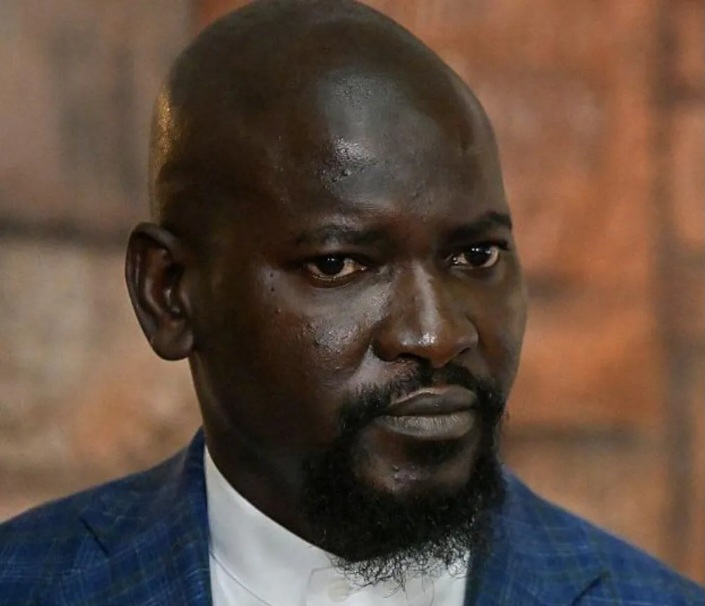
Ofure Akhigbe
Guineans have expressed shock following the October 23 announcement that presidential candidates must pay a deposit of 875 million Guinean francs ($100,000; £75,000) to contest the country’s December 2025 election — the vote expected to return the nation to civilian rule after four years of military leadership.
Guinea has been under military rule since Colonel Mamady Doumbouya seized power in a 2021 coup. The upcoming polls will be conducted under a new constitution that allows Doumbouya to contest, though he has not yet declared his intention to run.
The new fee, one of the highest in West Africa, has been widely criticised. While the previous deposit stood at 800 million francs, some observers had hoped for a reduction to encourage wider participation.
“This amount is huge,” political analyst Kabinet Fofana told the BBC. “This decision adds to the growing criticism against the general direction of the elections.”
Authorities say the steep amount aims to ensure only “credible candidates” enter the race. However, opposition figures disagree. Presidential hopeful Faya Millimono noted that until 2005, the deposit was no more than 50 million francs, before rising sharply in 2010.
“The madness began in 2010, when it was thought necessary to block certain candidates,” he said. “The amount went from 50 million to 400 million, and today we’re talking about 900 million.”
Candidates who secure more than 5% of the vote in the first round will have their deposits refunded.
The electoral commission also set a campaign spending limit of 40 billion Guinean francs ($4.6 million; £3.5 million) per candidate.
One candidate lamented that such requirements “send a clear signal — only the very wealthy or those who have already benefited from state resources can truly compete.”
So far, 50 party candidates and 16 independents have been approved to run.
Notably, the country’s major opposition parties — the Rally of the People of Guinea (RPG Arc-en-Ciel), led by former President Alpha Condé, and the Union of Democratic Forces of Guinea (UFDG), headed by former Prime Minister Cellou Dalein Diallo — are not yet on the provisional list, though they still have time to register.
The election will take place without Condé, Diallo, and another former Prime Minister, Sidya Touré of the Union of Republican Forces (UFR) — all three of whom remain in exile.
